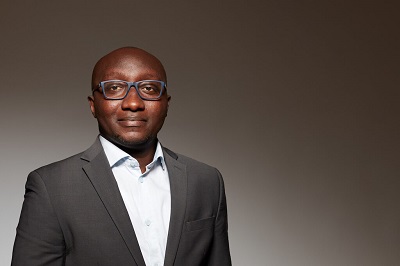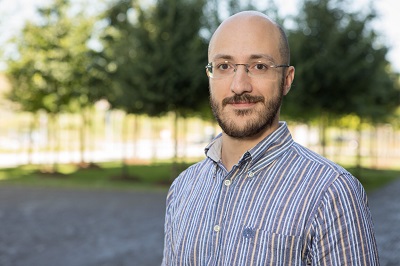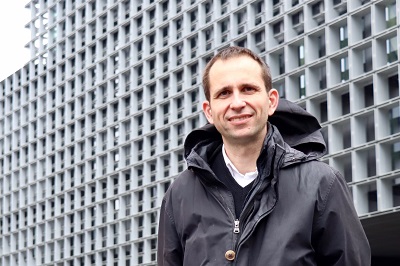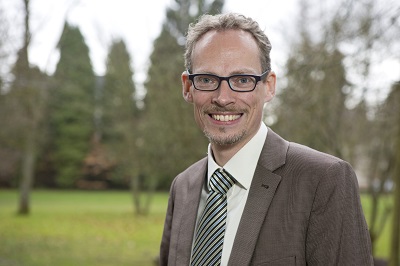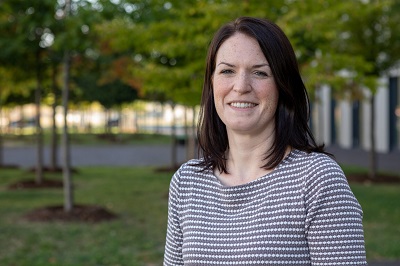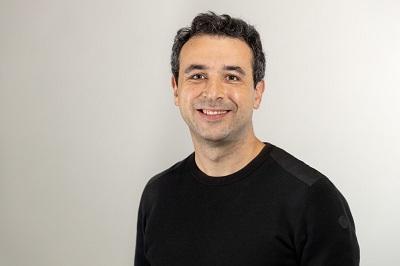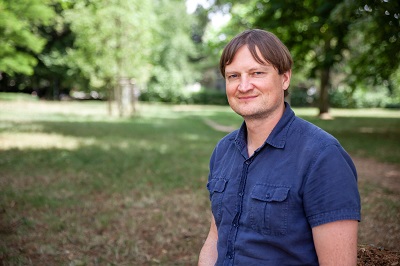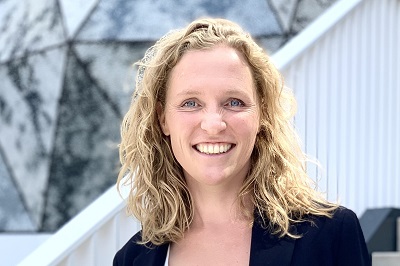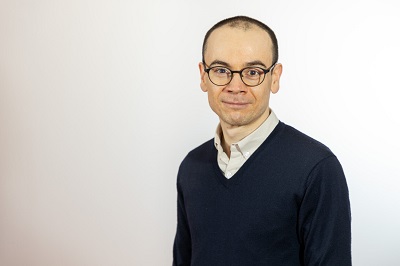Horizon Europe projects (2021 – 2027)
Horizon Europe is the EU’s key funding programme for research and innovation and the central component of Framework Programme 9 (FP9) which covers the 2021-2027 period. The programme aims to tackle climate change, help achieve the UN’s Sustainable Development Goals and boost the EU’s competitiveness and growth. A total of €29.8 million has been awarded by the European Commission to the University of Luxembourg since the start of the programme in 2021, distributed across 73 projects including three ERC grants secured since 2021.
Horizon 2020 (H2020) was the predecessor of Horizon Europe, covering the 2014-2020 period. Over this period, the University of Luxembourg secured 121 grants (a success rate of 16.7%) amounting to a total of €66.8 million awarded by the European Commission.
European Research Council (ERC) grants
The ERC, set up by the European Union in 2007, is the premier European funding body for frontier research. It provides funding for creative researchers of any nationality and age to run projects based across Europe with the aim of encouraging the highest quality research in Europe through competitive funding and supporting investigator-driven frontier research across all fields, based on scientific excellence. The ERC offers five main grant schemes: Starting Grants, Consolidator Grants, Advanced Grants, Synergy Grants and Proof of Concept Grants. Since 2014, the University of Luxembourg has been awarded 20 ERC grants, including five under Horizon Europe.
Current grant holders and chairs
FNR PEARL Chairs and grants
With the PEARL programme, the Luxembourg National Research Fund (Fonds National de la Recherche – FNR) offers Luxembourg research institutions attractive funding packages so that they can draw established and internationally recognised researchers to Luxembourg.
Current PEARL grant and chair holders at the University of Luxembourg
-
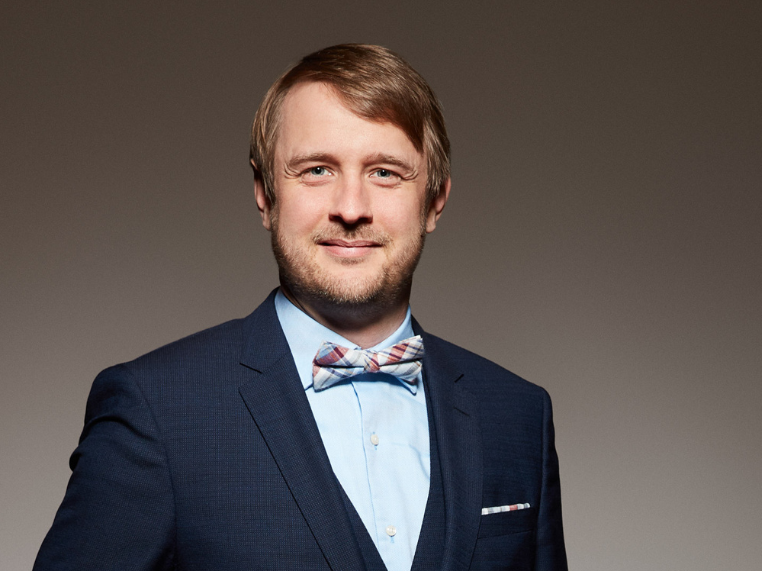
-
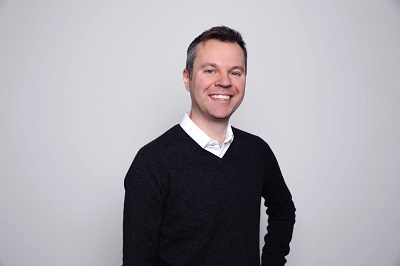
Prof Sean TAKATS
Chair in Digital History Advanced Research Projects Accelerator (DHARPA)
-
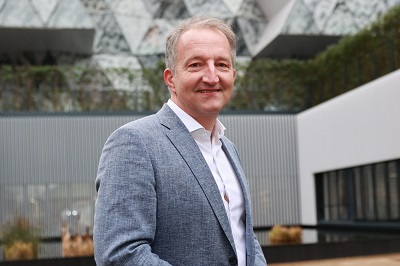
Prof Jochen KLUCKEN
Chair in Digital Medicine (DigiHealthPD)
-
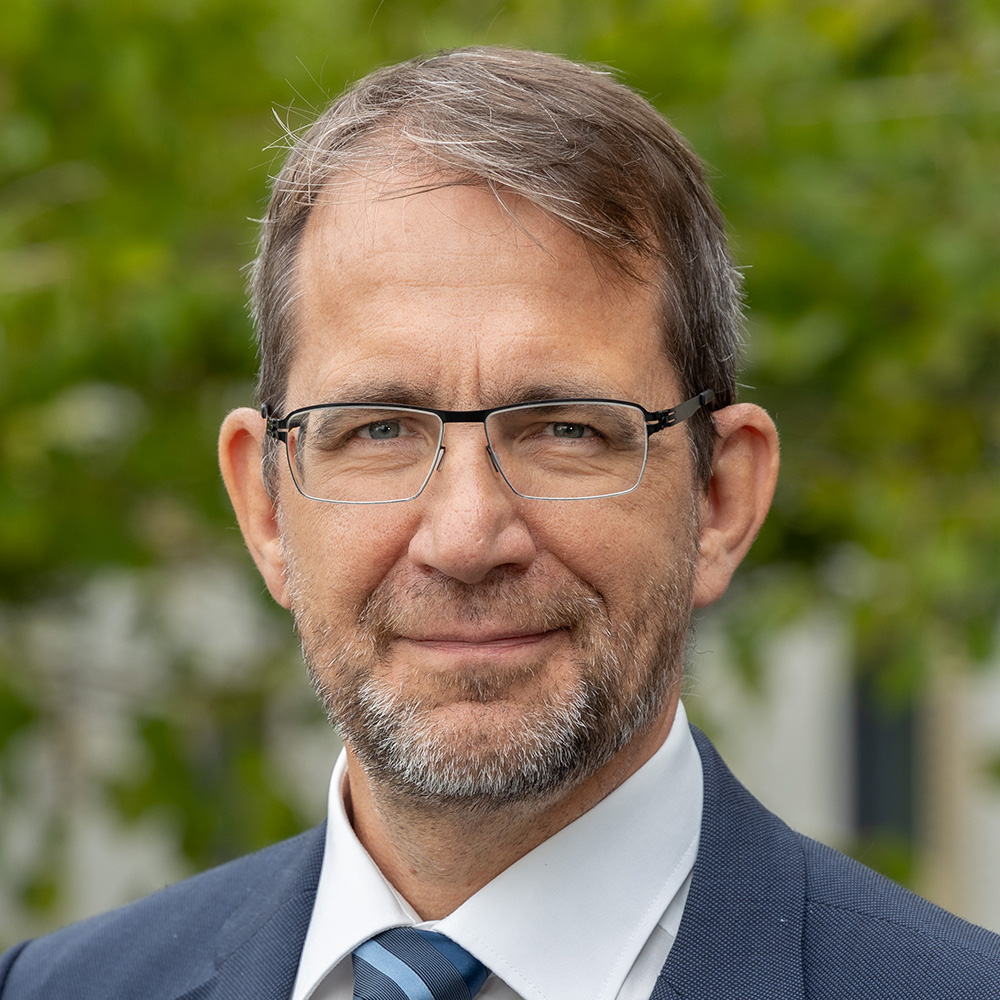
Prof Michael HENEKA
Chair in Alzheimer’s Disease Research (MiniAlz)
FNR ATTRACT Fellows
The FNR ATTRACT programme is designed for researchers not yet established in Luxembourg, who have the potential to become leaders in their field of research. The scheme offers promising junior researchers the opportunity to set up their own research team within one of the country’s research institutions.
Current ATTRACT fellows at the University of Luxembourg
ATTRACT Starting Grants
ATTRACT Consolidator Grant
-
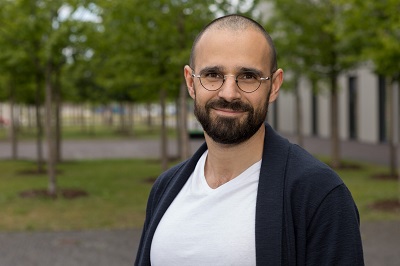
Scientifically validated digital learning environments – DIGILEARN
Pedro Cardoso-Leite -
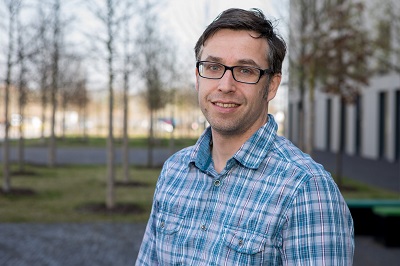
Surface and interface science on photovoltaic materials – SUNSPOT
Alex Redinger -
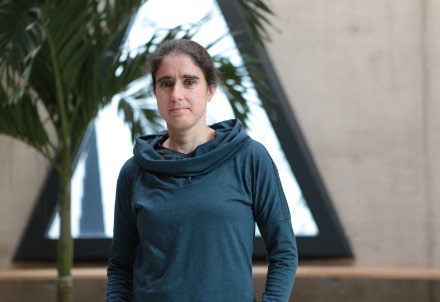
Environmental Cheminformatics to Identify Unknown Chemicals and their Effects –ECHIDNA
Emma Schymanski -

Public history as a new participatory model for interpreting the past
Thomas Cauvin -

PRO-Active Policymaking for Equal Lives – PROPEL
Lindsay Flynn -

Quantum dynamics and control
Aurélia Chenu
University of Luxembourg Rapid Incentive Scheme (RISE 2.0)
The University of Luxembourg’s Rapid Incentive Scheme (RISE2.0) provides support to researchers to help them produce successful Horizon Europe applications. By offering a grant of up to €20,000, it maximises the quality of proposals submitted under all Horizon Europe programmes, especially ERC and MSCA candidates.
Marie Skłodowska-Curie Actions
Since 2014, the University of Luxembourg has been over 60 MSCA grants with a total EU contribution of €67.8 million for all beneficiaries, of which the University of Luxembourg has received €13.2 million.
Information on institutional validation processes
For EU funding:
The University has a dedicated EU Support Team in the Research Support Department that assists researchers in identifying funding opportunities and preparing, submitting and managing EU grants. For further details on the full service package that is available to you please contact the EU Support Team in the Research Support Department
For high-profile grants:
Candidates for high-profile grants are selected by means of a comprehensive, multi-level institutional validation procedure. Candidates are proposed by supporting professors and are interviewed by the corresponding department and the strategic alignment of the candidate’s research field with the long-term development plan of the department/faculty/centre is assessed. If the peer evaluation is positive, the candidate, the supporting professor and the research support staff prepare the candidate’s application for validation by the Rector. The Rector assesses applications in view of their quality, strategic fit with and impact on the University’s long-term development plan, and gender equality. For further detailed information on the process and submission deadlines please contact the Research Support Department.

